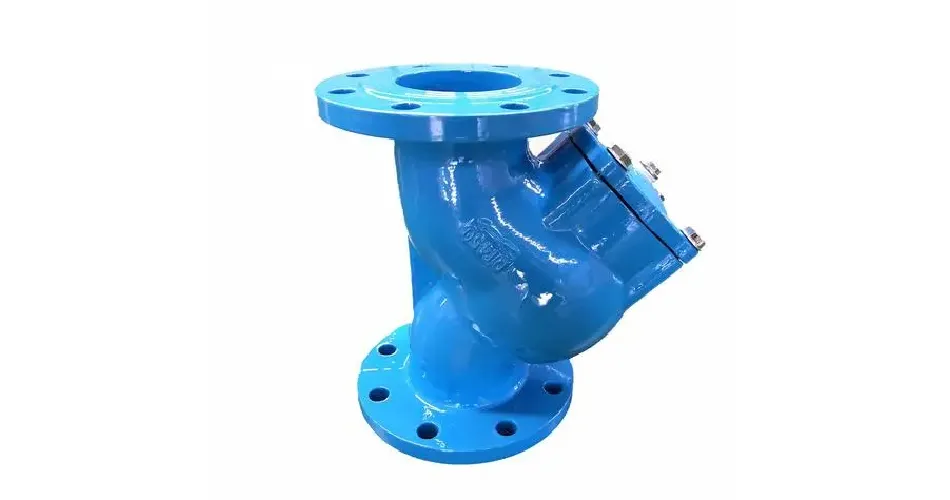Nov . 21, 2024 05:02 Back to list
pin gauge measurement
Understanding Pin Gauge Measurement A Key Tool in Precision Engineering
Pin gauge measurement is an essential technique in the realm of precision engineering, quality control, and manufacturing. It involves the use of a series of precisely manufactured pins, known as pin gauges, which serve to measure the diameter of holes, slots, and other features in metal and other materials. This method is widely recognized for its accuracy, ease of use, and reliability in ensuring that components meet stringent design specifications.
What is a Pin Gauge?
A pin gauge is a cylindrical measurement tool made of high-quality material that is designed to have a specific diameter. These pins come in various sizes and are usually grouped into sets, allowing engineers and technicians to evaluate a range of dimensions with precision. Pin gauges can be classified into two main types go and no-go gauges. The go pin is used to check whether a hole is correctly sized, while the no-go pin ensures that the hole is not oversized. This binary system helps in quickly determining whether a workpiece conforms to the required tolerances without the need for complex measurement instruments.
Applications in Industry
Pin gauge measurement is employed in various industries, including aerospace, automotive, and manufacturing. In aerospace, for example, the specifications for components are critically tight, and any deviation can lead to catastrophic failures. Pin gauges facilitate the quick and accurate inspection of critical parts, such as turbine blades or engine components, ensuring that they are manufactured within the required tolerances for safety and functionality.
Similarly, in the automotive industry, manufacturers rely on pin gauges to verify the precision of machined parts, such as fuel injectors or brake components. These parts must adhere to rigid quality standards, and pin gauges offer a practical solution for quality assurance.
pin gauge measurement

Advantages of Pin Gauge Measurement
One of the standout advantages of pin gauge measurement is its simplicity and speed. Compared to other measurement methods, such as calipers or micrometers, using pin gauges requires minimal training and allows for fast inspections. Operators can quickly determine the acceptability of parts by simply inserting the relevant pin gauge into the feature being measured.
Moreover, pin gauges are durable and maintain their size over time, ensuring consistent accuracy. The ability to provide a tactile and immediate response—indicating whether a part fits or doesn’t—is incredibly useful in production environments where time is often of the essence.
Best Practices for Using Pin Gauges
To ensure the accuracy and longevity of pin gauges, operators should follow some best practices. These include regular calibration of the gauges, keeping them clean and free from contaminants, and storing them properly to avoid damage. Additionally, operators should be trained to recognize the correct pin gauge for the task at hand, avoiding the pitfalls of incorrect measurements that could lead to production errors.
Conclusion
In conclusion, pin gauge measurement remains a cornerstone of precision engineering. Its straightforward application, coupled with high accuracy and reliability, makes it an invaluable tool across various industries. As technology continues to evolve, the fundamental principles of using pin gauges will remain a critical aspect of quality control and measurement, ensuring that components are manufactured to exact specifications and ultimately contributing to the safety and efficiency of products we rely on every day. Whether in a busy factory floor or a meticulous engineering lab, pin gauges embody the precision that defines modern manufacturing.
-
Welding Methods Used in Metal Table FabricationNewsJul.03,2025
-
Sustainable Materials in Silence Check Valve ManufacturingNewsJul.03,2025
-
Installation Guide for Cast Iron Y StrainersNewsJul.03,2025
-
How to Carve a Block of GraniteNewsJul.03,2025
-
Creating Customized Measurement PlatformsNewsJul.03,2025
-
Benefits of Using Granite Surface Plates in MachiningNewsJul.03,2025
Related PRODUCTS









